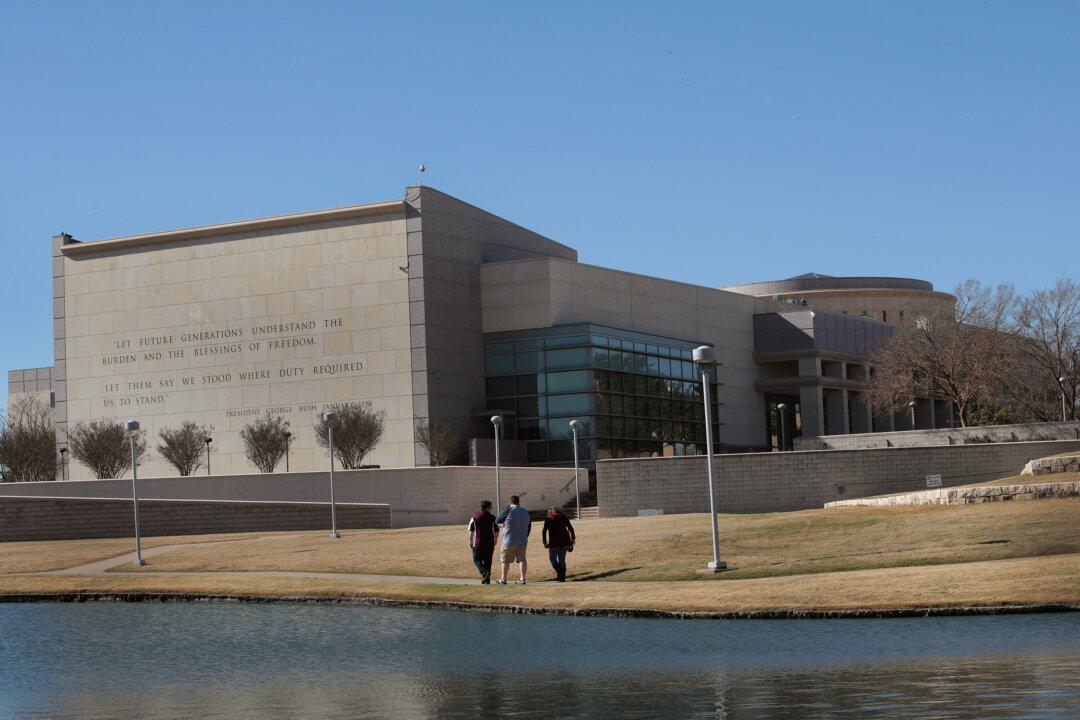A Texas A&M University (TAMU) professor has been arrested and charged in connection with hiding his funding from China while working as a researcher for NASA, the Justice Department announced on Aug. 24.
Cheng Zhengdong, 53, a professor of engineering at TAMU for years, deliberately concealed his ties to Chinese universities, a Chinese company, and state-backed talent plans, while at the same time leading a research team for NASA, prosecutors allege. Under the terms of his grant from NASA, Cheng was prohibited from collaborating with Chinese institutions, the department added.





